Periods Don’t Stop for Pandemics—And Neither Have Our Nation’s Moms
Policies touted in the $3.5 trillion budget plan and other Congressional bills are missing a core component of maternal well-being: menstrual access and health.
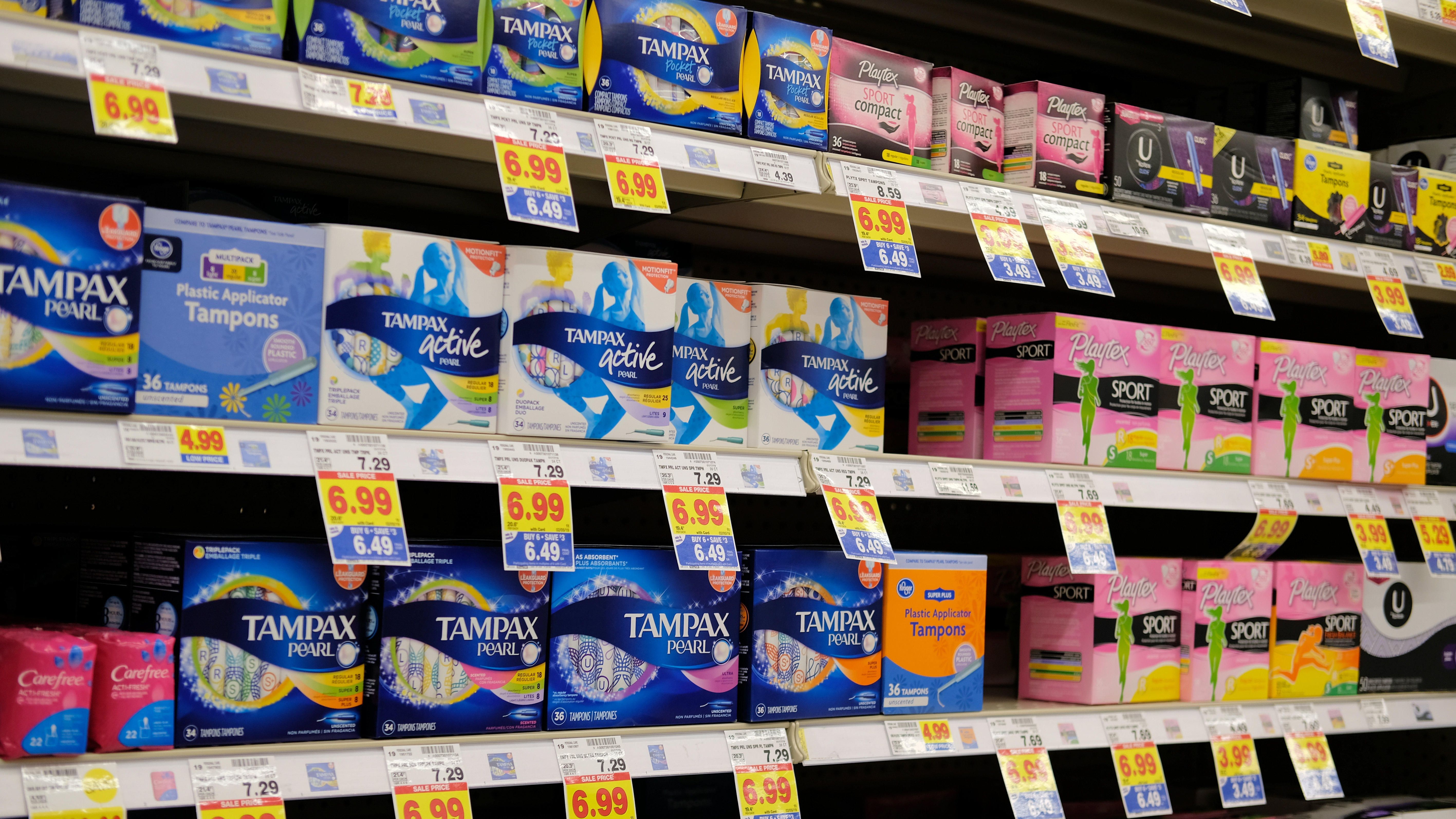

After more than a year of headlines documenting the real-time exodus of moms from the workforce and an ongoing state of crisis in maternal health and mortality, the pandemic has forced a long overdue conversation about the systemic inequities of American motherhood.
A slate of federal policies could begin to mend the breach. On August 24, Congress approved the $3.5 trillion budget plan that will be utilized for the upcoming reconciliation bill. This will likely include staples of President Biden’s American Families Plan, such as an expansion of the child tax credit, paid family and medical leave, and early education funding. Other reforms in play include the Marshall Plan for Moms, which reflects the demands of a national movement to center mothers in the economic recovery, the Black Maternal Health Momnibus Act of 2021 to address alarming racial and ethnic disparities in maternal health outcomes, and the Support Through Loss Act to establish paid leave for workers who experience pregnancy loss or difficulties related to surrogacy, fertility, and adoption.
As we advance proposals to elevate and ensure the well-being of mothers, we must not neglect another silent impact on maternal and women’s health: Period poverty, a plight that has garnered global attention yet remains one of America’s hidden inequities.
The impact of menstrual inequity runs deep. A 2019 study found that among low-income women in St. Louis, nearly half (46 percent) had to choose between buying food and spending money on menstrual products. People experiencing housing insecurity report isolation and even illness and infection caused by using tampons and pads for longer than recommended. Sometimes they have to improvise with items like discarded paper bags or newspapers.
For teens, lack of support and product accessibility (especially for transgender teens who are already facing an unprecedented number of legislative attacks) can lead to compromised health and lost classroom time—even disciplinary intervention. The pandemic exacerbated the problem: Many people have been unable to access menstrual products from public facilities they once relied on. Another study found that one in 10 college students surveyed nationwide were unable to afford menstrual products in the last year, with nearly a quarter of Latina respondents and 20 percent of Black respondents reporting an ongoing lack of access.
Policy leaders have begun to respond. The 2021 state legislative session saw the passage of laws or extensions of fiscal budgets in California, Colorado, Georgia, Oregon, and Washington that ensure the provision of free tampons and pads in secondary schools and universities. And earlier this summer, Louisiana, Maine, and Vermont joined the roster of states that have eliminated the sales tax on period supplies—a.k.a. the “tampon tax”—bringing the total number states where people can buy tax-free menstrual products to 23.
Efforts to make menstrual products generally more affordable have been popular on a national level, too. For example, a tweak to the federal tax code in the Coronavirus Aid, Relief and Economic Security (CARES) Act, means that tampons, pads, cups, and period underwear can be purchased with pre-tax dollars via employee health savings and flexible spending accounts.
Stay In The Know
Get exclusive access to fashion and beauty trends, hot-off-the-press celebrity news, and more.
Given the critical impact that reforming SNAP and WIC would have on the mothers who need it most, now is the time to call out this unjust exclusion and set a precedent at the federal level.
Yet the distinct needs of low-income mothers—who not only often have their own periods to manage, but also the periods of those in their care—are overlooked. Women-led households are primary participants in many of our nation’s most vital social safety net programs. They’re included among the 42 million recipients of Supplemental Nutrition Assistance Program (SNAP) benefits, formerly known as the Food Stamp Program. Soon-to-be or new moms and their children are also the exclusive recipients of the Special Supplemental Nutrition Program for Women, Infants, and Children (WIC), which offers supplemental food packages and other essential health resources to roughly eight million people.
Shockingly, neither of these programs allow for the purchase of menstrual products. To add insult to injury, the federal government lumps tampons and pads in the same “off limits” category as dog food, cigarettes, and liquor.
The World Health Organization (WHO) defines maternal health as "the health of women during pregnancy, childbirth, and the postnatal period." For new mothers, the need for menstrual products is most acute immediately following childbirth. Pads to absorb postpartum flow, which can last as long as six weeks, are a necessity for new mothers’ physical and emotional well-being. And, of course, regular menstrual cycles resume once breast-feeding ceases and sooner if babies are fed formula.
Those who rely on food stamps also face significant pressures when it comes to menstrual access and affordability. Cost-effective grocery shopping entails balancing a tight budget with nutritional needs; menstruation implicates this equation, often causing people to choose between having enough menstrual products or enough food on the table. For SNAP recipients with more than one person in the home who menstruates—moms with teens, grandmothers heading multigenerational households—the financial burden increases.
Given the critical impact that reforming SNAP and WIC would have on the mothers who need it most, now is the time to call out these unjust exclusions and set a precedent at the federal level. As Congress drafts the reconciliation bill, members should factor in menstrual access if at all possible; and as they debate other legislative proposals impacting moms, they should prioritize menstrual access from the outset.
Last month, the Biden administration called for an unprecedented expansion of SNAP. Monthly benefits will rise on average by $36–the largest increase in the program’s history–and go into effect in October. While that is an excellent start, making menstrual products eligible for purchase with food stamps, as well as via WIC, would be a simple and humane addition. Plus, because all purchases made with federal benefits are already exempt by law from state sales tax, this change would effectively eliminate the “tampon tax” for people who have low incomes, no matter where they reside—an exponential win.
Periods don’t stop for pandemics—and neither have our nation’s moms. As the president and members of Congress pledge to ameliorate the burdens carried by struggling mothers, we cannot afford to let them leave the costs of menstruation out of the debate.
Related Story
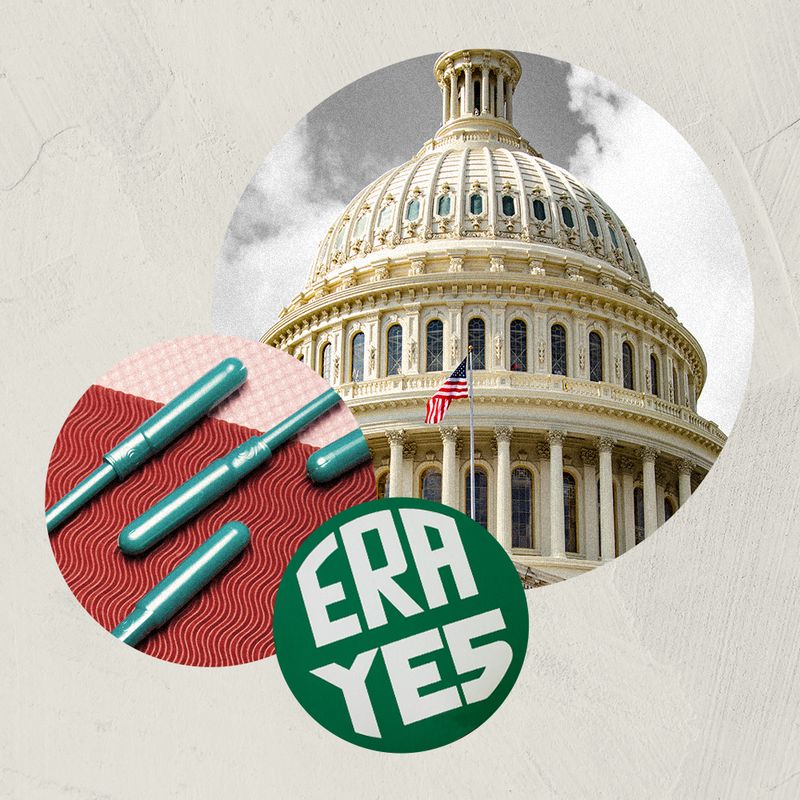
Jennifer Weiss-Wolf is the cofounder of Period Equity and a fellow at the Brennan Center for Justice at NYU School of Law. She is the author of Periods Gone Public: Taking a Stand for Menstrual Equity.
-
 Princess Anne's Unexpected Suggestion About Mike Tindall's Nose
Princess Anne's Unexpected Suggestion About Mike Tindall's Nose"Princess Anne asked me if I'd have the surgery."
By Amy Mackelden Published
-
 Queen Elizabeth's "Disapproving" Royal Wedding Comment
Queen Elizabeth's "Disapproving" Royal Wedding CommentShe reportedly had lots of nice things to say, too.
By Amy Mackelden Published
-
 Palace Employees "Tried" to Get King Charles to "Slow Down"
Palace Employees "Tried" to Get King Charles to "Slow Down""Now he wants to do more and more and more. That's the problem."
By Amy Mackelden Published
-
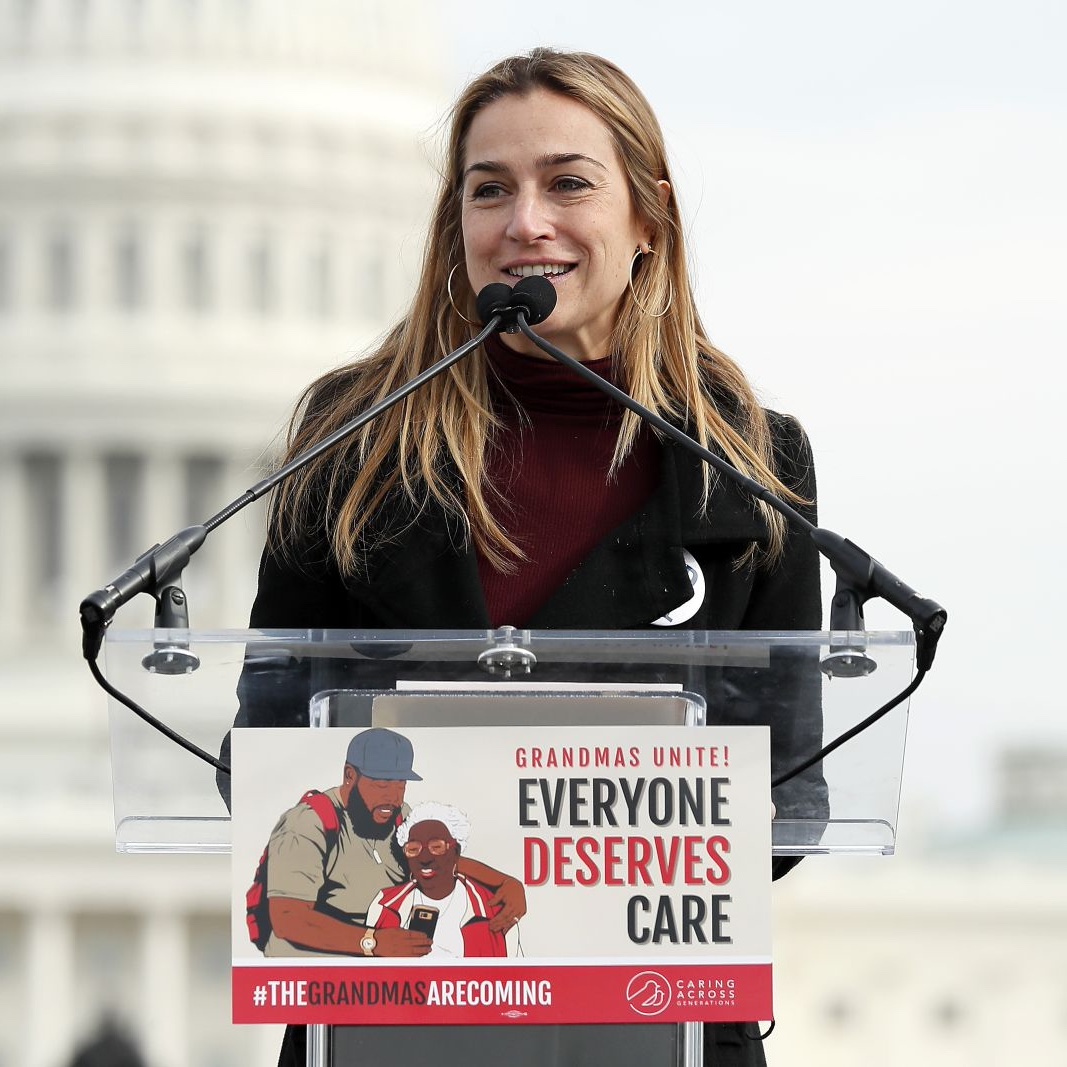 What's the Holdup in Biden's Push for Paid Leave?
What's the Holdup in Biden's Push for Paid Leave?The president is proposing $325 billion to fund paid family leave—the strongest budget proposal in history—and pushing for free universal pre-K nationwide. But he faces opposition.
By Dawn Huckelbridge Published
-
 36 Ways Women Still Aren't Equal to Men
36 Ways Women Still Aren't Equal to MenFeatures It's just one of the many ways women still aren't equal to men.
By Brooke Knappenberger Last updated
-
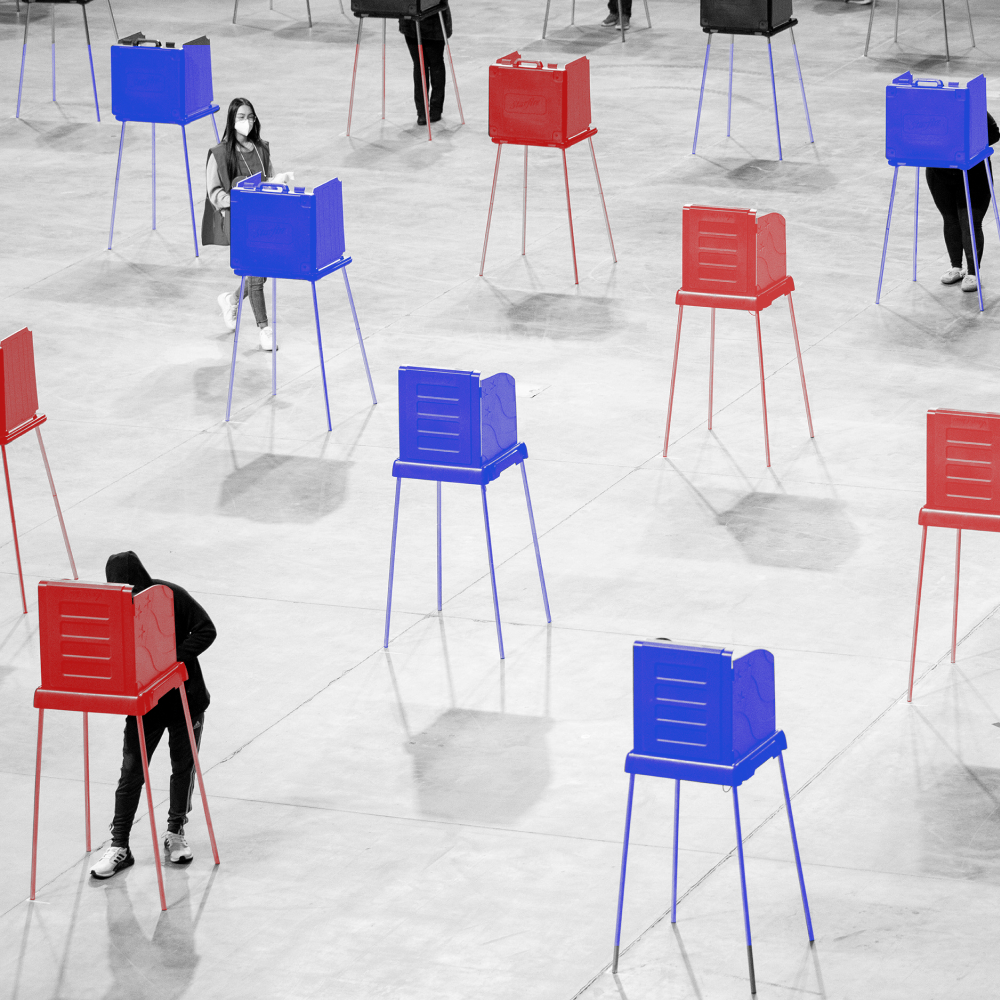 What's at Stake in the 2022 Midterm Elections
What's at Stake in the 2022 Midterm ElectionsWith abortion rights, democracy, and many more critical issues on the ballot, there’s no room for apathy this election cycle.
By Rachel Epstein Published
-
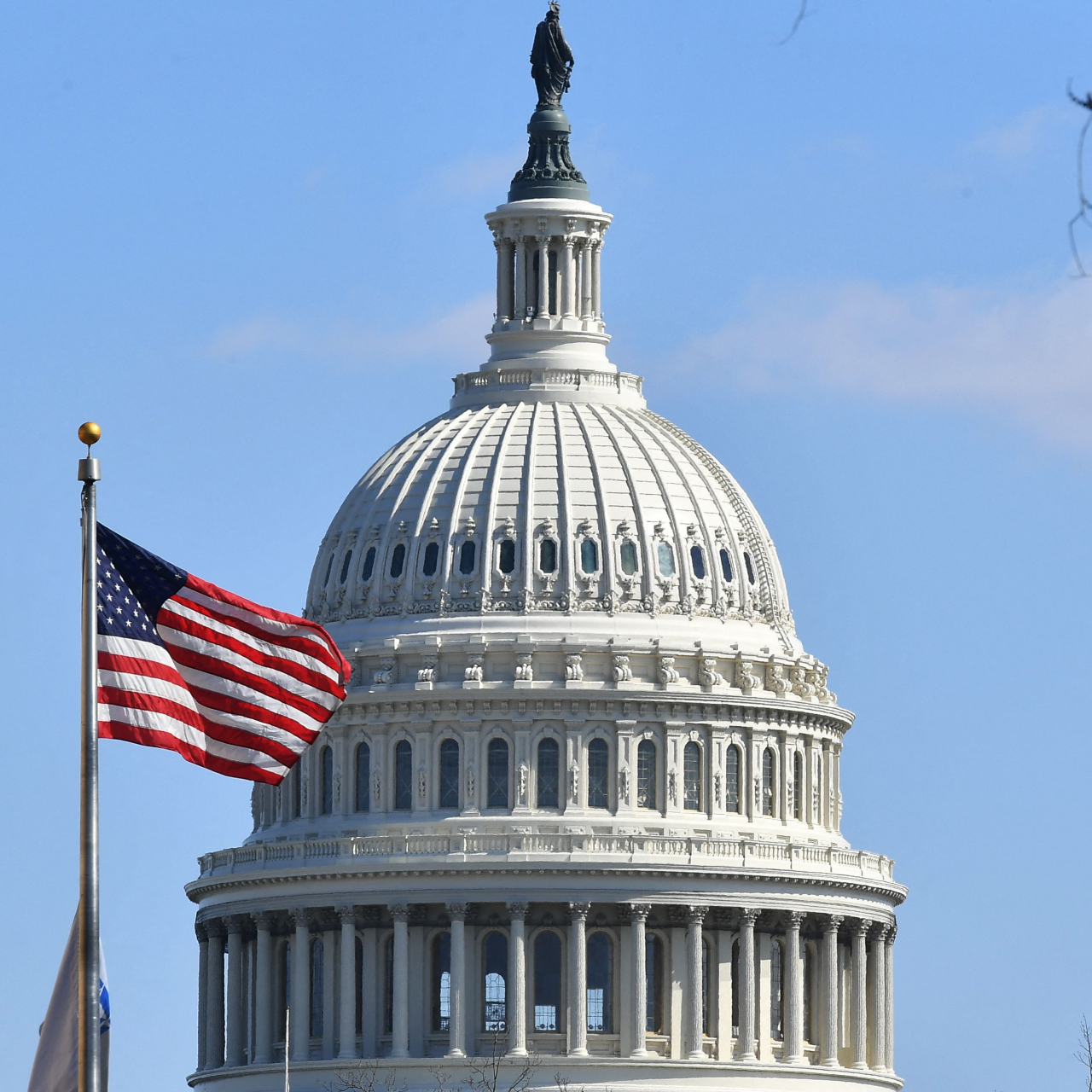 The 2022 Midterm Elections: What to Know Ahead of Election Day
The 2022 Midterm Elections: What to Know Ahead of Election DayConsider this your guide to key races, important dates, and more.
By Rachel Epstein Published
-
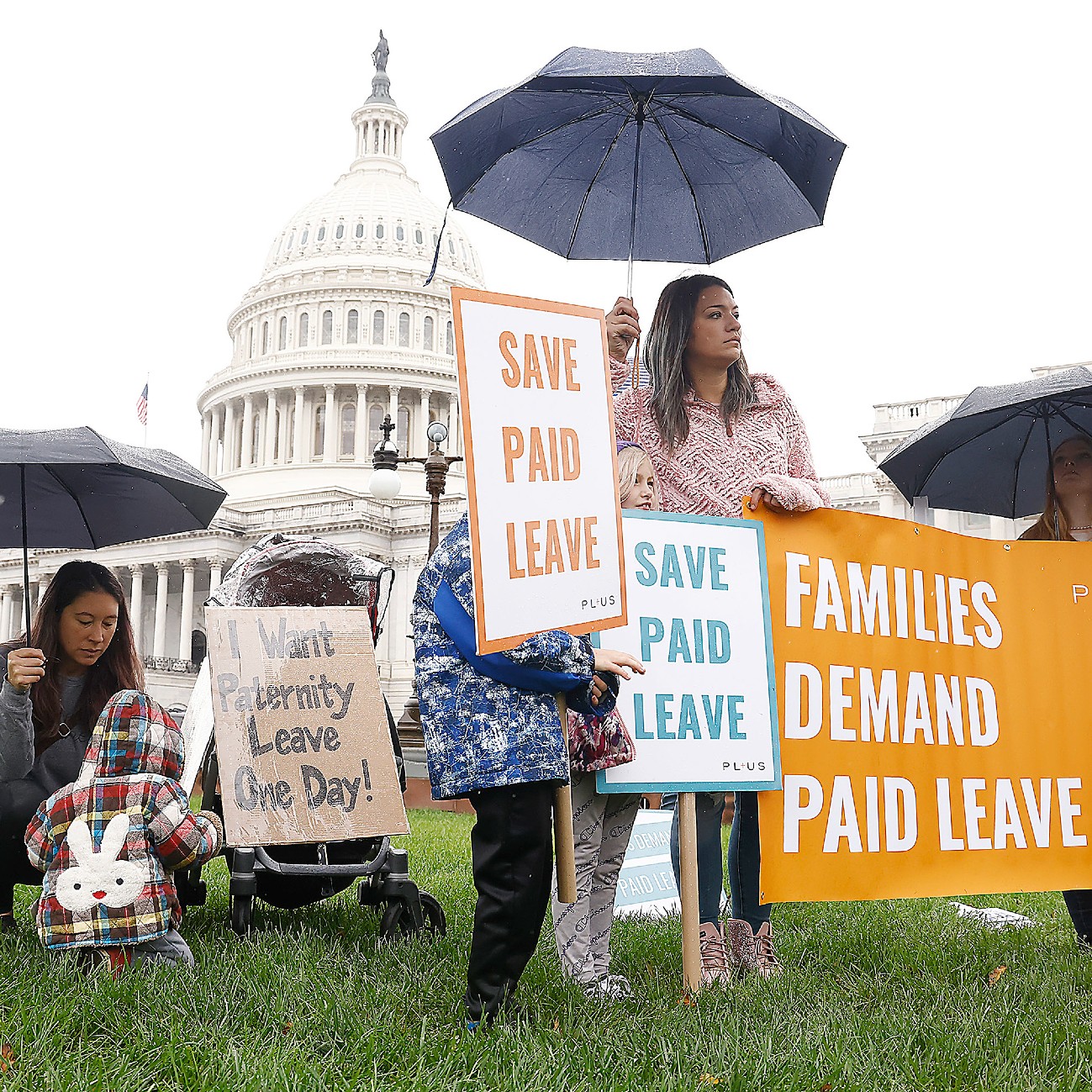 What You Need to Know About Paid Leave Before the Midterms
What You Need to Know About Paid Leave Before the MidtermsEarlier this year, a rare opportunity to finally fill the holes in our care infrastructure wasn't taken. But the leader of the new Paid Leave PAC is here to tell you it’s not over.
By Tanya Benedicto Klich Last updated
-
 How New York's First Female Governor Plans to Fight for Women If Reelected
How New York's First Female Governor Plans to Fight for Women If ReelectedKathy Hochul twice came to power because men resigned amid sexual harassment scandals. Here, how she's leading differently.
By Emily Tisch Sussman Last updated
-
 Why the 2022 Midterm Elections Are So Critical
Why the 2022 Midterm Elections Are So CriticalAs we blaze through a highly charged midterm election season, Swing Left Executive Director Yasmin Radjy highlights rising stars who are fighting for women’s rights.
By Tanya Benedicto Klich Published
-
 Tammy Duckworth: 'I’m Mad as Hell' About the Lack of Federal Action on Gun Safety
Tammy Duckworth: 'I’m Mad as Hell' About the Lack of Federal Action on Gun SafetyThe Illinois Senator won't let the memory of the Highland Park shooting just fade away.
By Sen. Tammy Duckworth Published